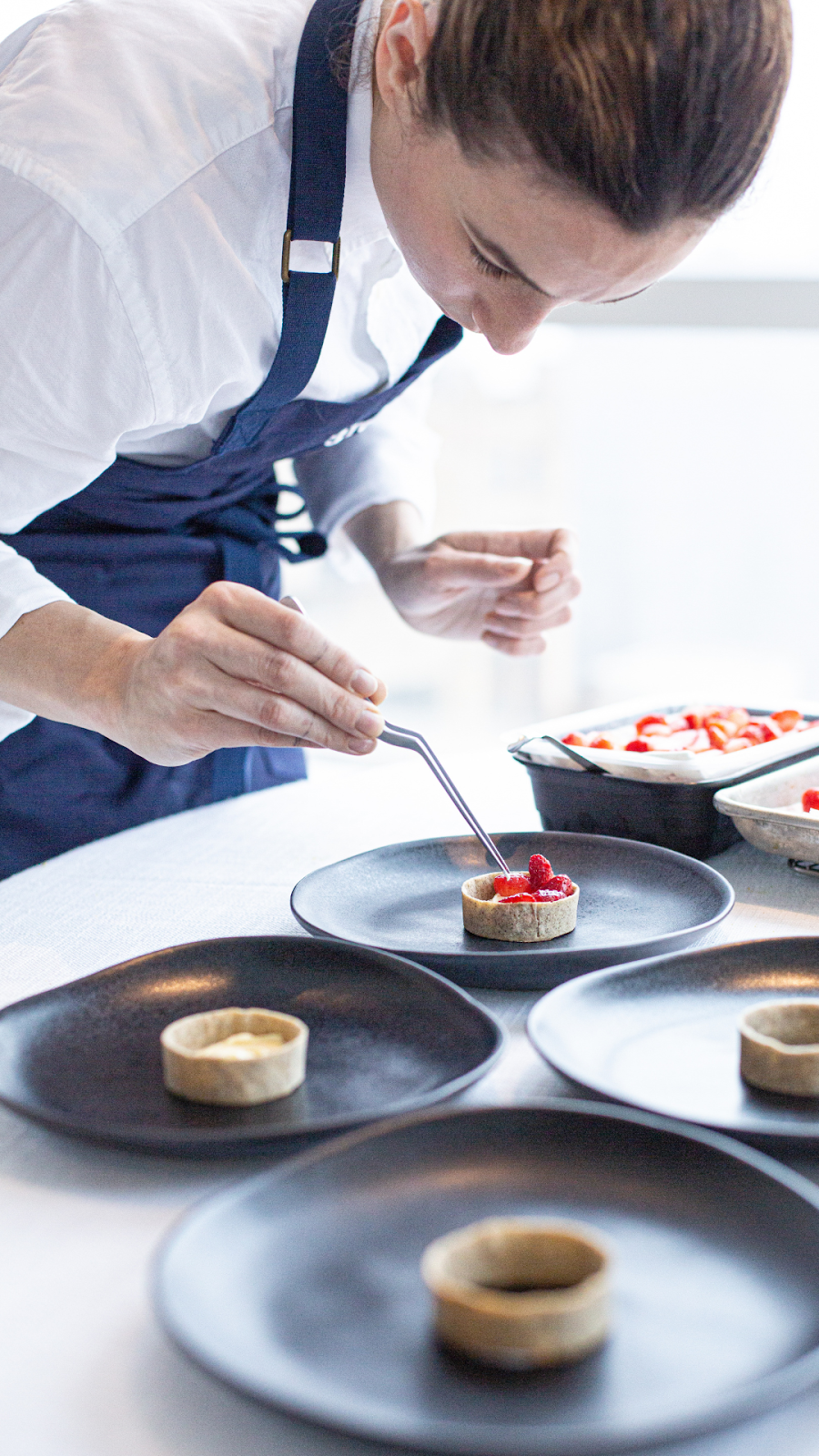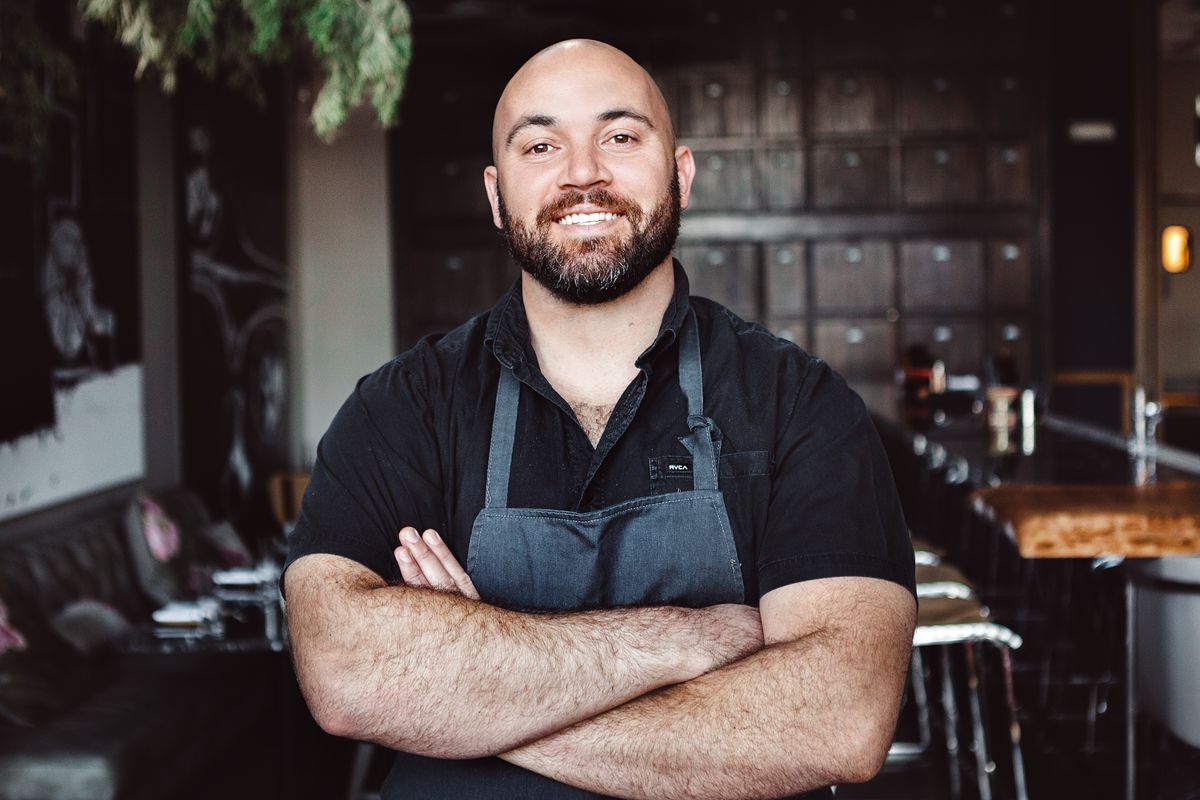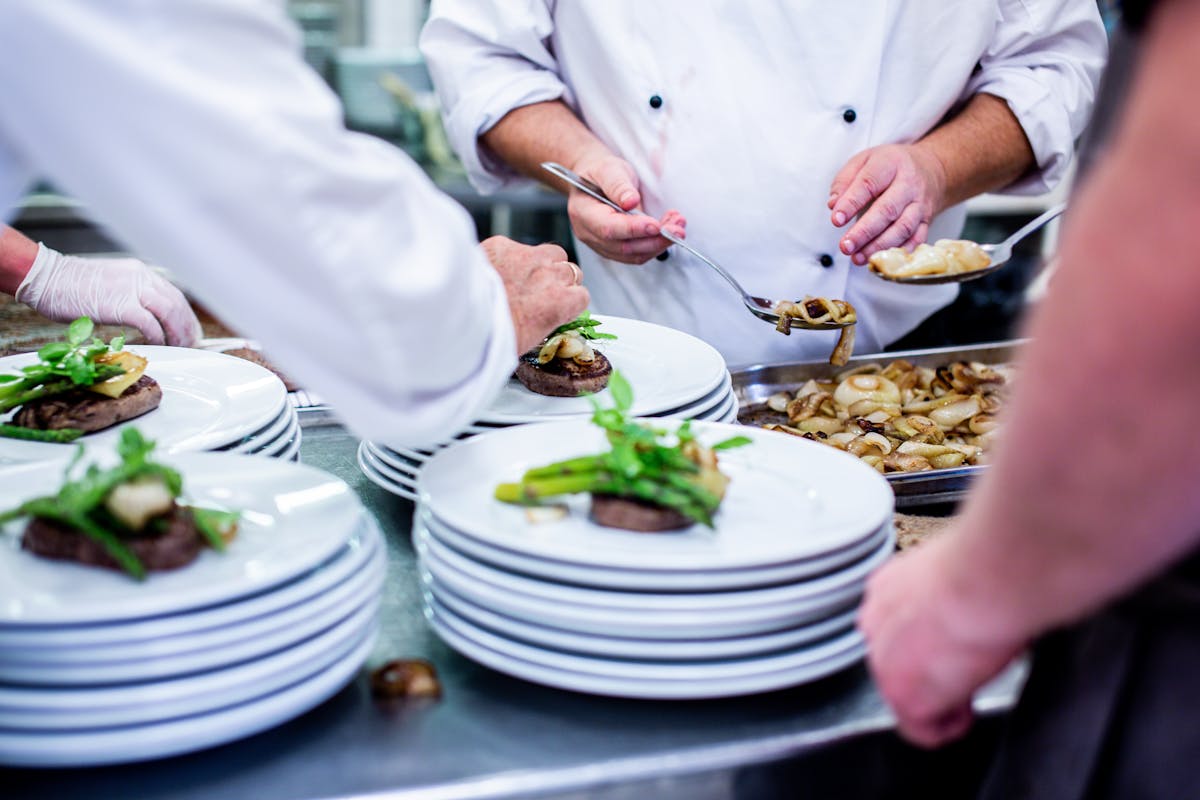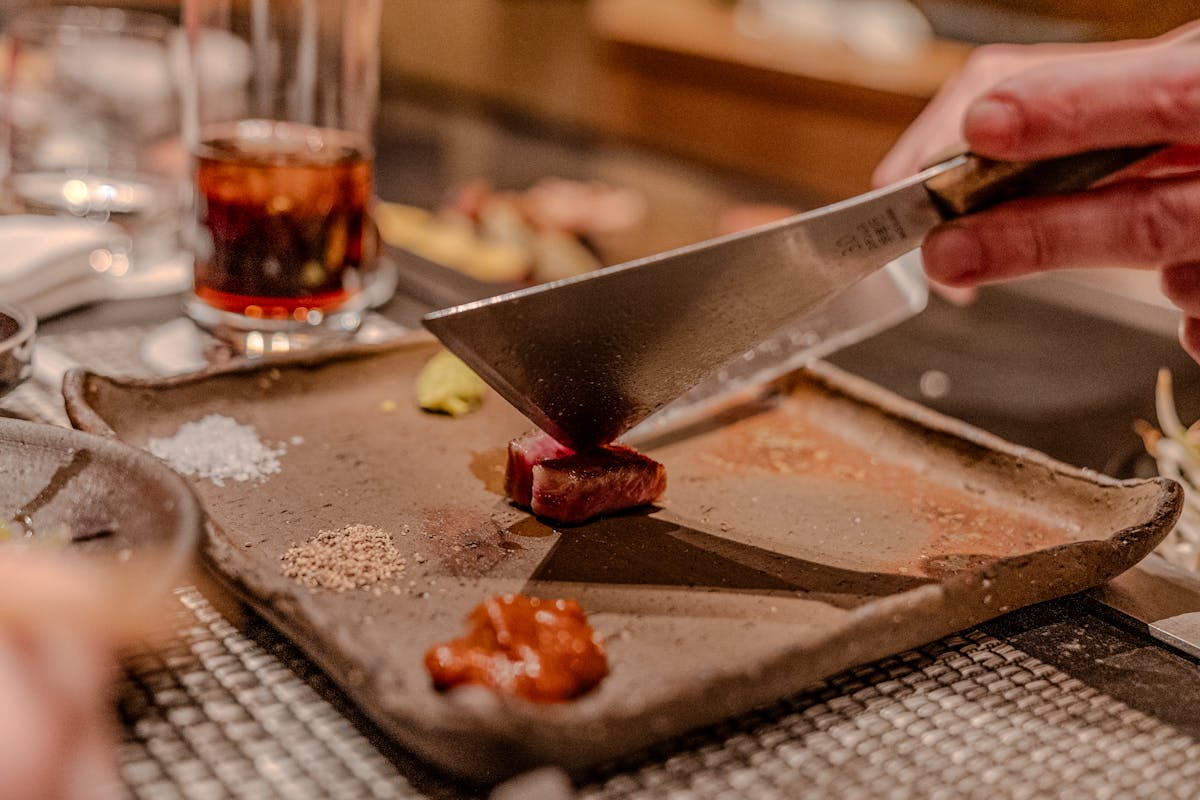Are you a passionate cook who loves making others happy through food? Do you dream of working outside a traditional restaurant kitchen? If so, you may be wondering if employment as a personal chef or private chef is right for you. This unique career path can be exciting and rewarding, but it’s not for everyone.
What Does a Personal Chef Do?
A personal chef prepares meals for individuals or families, often working in the client’s home. Unlike a restaurant chef, you may cook for just a few people at a time, offering customized menus. Some clients may prefer weekly meal prep, while others may require special event dinners. You may work for several clients each week.
A private chef, on the other hand, typically works full-time for a single household or individual. You may travel with the family, live in their home, and provide three meals a day plus snacks. While the terms are often used interchangeably, the job expectations can differ significantly.

Pros of Working as a Personal Chef
1. Creative Freedom
As a personal chef, you have the opportunity to design custom menus, work with fresh ingredients, and cater to your clients’ tastes. This is a dream come true for many chefs who want creative control.
2. Flexible Schedule
You can choose when and how often you work. Some chefs work only on weekends for events, while others work weekdays on meal prep. It’s ideal for those seeking work-life balance.
3. Higher Income Potential
Depending on your experience and client base, you can earn a solid income. According to Indeed, personal chefs in the U.S. can make between $60,000 and $100,000 per year, with top chefs earning even more.
4. Closer Client Relationships
You get to know your clients on a personal level. Many chefs take pleasure in the satisfaction of cooking for people they know and serving food explicitly tailored to their tastes.
5. Less Stress Than Restaurants
No noisy kitchens, late-night shifts, or 12-hour days. Being a personal chef often means a quieter and more peaceful environment.
Cons of Working as a Personal Chef
1. Unsteady Income
Unlike a regular job, income can vary month to month. Clients cancel, take vacations, or stop services. Building a loyal client base takes time and effort.
2. You Wear Many Hats
You're not just the chef—you’re also the shopper, dishwasher, planner, and sometimes even cleaner. It’s rewarding but requires more than just cooking skills.
3. Less Team Support
You often work alone. While this means complete control, it can feel isolating, especially if you’re used to working in a team kitchen.
4. Difficult Clients
Some clients are demanding, picky, or unclear about what they want. Strong communication skills are essential to avoid misunderstandings.
5. Legal and Business Tasks
If you’re self-employed, you’ll handle taxes, contracts, insurance, and permits. These tasks can be stressful if you’re not experienced in business.
Key Considerations Before Becoming a Personal Chef
Before jumping into this career, here are a few essential things to think about:
1. Do You Enjoy Working Solo?
Most personal chefs work alone. You should be comfortable managing every part of the meal on your own.
2. Are You Organized?
Scheduling clients, prepping menus, managing grocery lists, and handling payments all require strong organization.
3. Can You Market Yourself?
Finding clients is often the most challenging part. Many chefs rely on word of mouth, social media, or platforms like Gradito to grow their businesses.
4. Do You Have the Right Tools?
You may need to bring your own knives, cooking equipment, or storage containers. Each client’s kitchen is different, so you must be flexible.
5. Are You Willing to Travel?
Some chefs drive long distances to serve their clients. Others travel internationally with families. Ensure that this lifestyle aligns with your personal needs.

How to Get Started as a Personal Chef
Step 1: Gain Experience
Most personal chefs have years of experience in restaurant kitchens or culinary school training. However, even talented home cooks with strong skills can succeed if they’re motivated.
Step 2: Get Certified
While not always required, certificates like ServSafe (for food safety) help demonstrate to clients that you’re professional and trustworthy.
Step 3: Build a Portfolio
Start with sample menus, beautiful food photos, and references. Offer trial dinners for friends or family to practice.
Step 4: Set Up Your Business
Register your business, get liability insurance, and set your rates. Consider hourly rates, per-meal pricing, or monthly packages.
Step 5: Find Clients
You can find clients through networking, Instagram, or high-end matchmaking platforms like Gradito, which connects skilled chefs with clients seeking private chef services worldwide.
Is Employment as a Private Chef Better?
For chefs who prefer stability, being a private chef may be better than freelancing as a personal chef. Employment as a private chef typically comes with:
- A steady salary
- Benefits like health insurance or paid vacation
- Travel perks (if the client travels)
- A consistent schedule and kitchen
But it can also mean:
- Less flexibility
- A demanding household with long hours
- Living in the client’s home or relocating
Ask yourself if you prefer variety or consistency, freedom or job security. There’s no right or wrong—only what works best for your lifestyle.
How Gradito Helps Chefs Thrive
At Gradito, we specialize in helping chefs find the right clients—whether for occasional events, weekly meal services, or full-time private placements. Our platform connects top talent with individuals and families worldwide who value fine dining at home.
We make life easier for chefs by offering:
- Access to vetted, high-quality clients
- Transparent job descriptions and expectations
- Personalized support for contracts and negotiations
- Opportunities to grow your brand as a personal or private chef

Employment as a personal chef can be a deeply fulfilling career for chefs who value creativity, independence, and meaningful relationships with clients. However, it also comes with challenges, such as a business with inconsistent income and occasional client frustrations.
Consider your personality, lifestyle, and long-term goals carefully before making the switch. And remember, you're not alone in the journey.
Whether you're just starting or seeking high-end employment opportunities, with help from platforms like Gradito, many chefs are building thriving careers on their terms.







